Are you a Matcha seller? Join as a Vendor
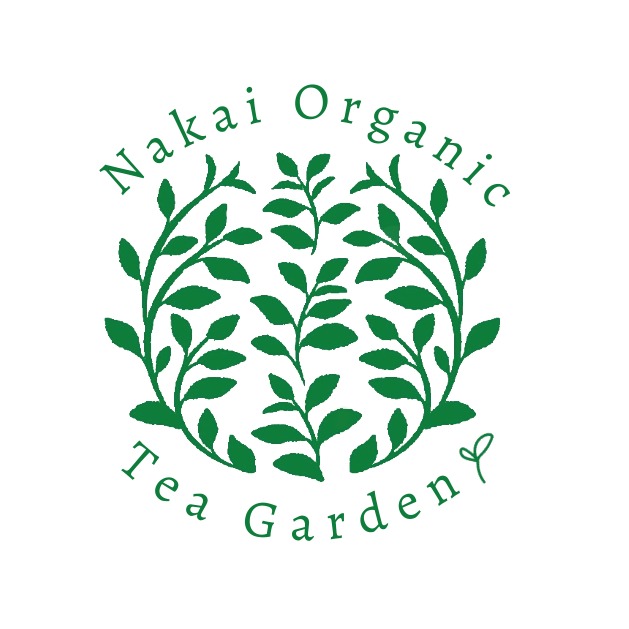
When Nakai Tea Farm founder experienced pesticide residue in his bloodstream in 1986, he made a life-changing decision. He abandoned all chemicals in his Wazuka, Kyoto tea fields, choosing health over profit. That single act of conviction transformed his family’s operation into one of Japan’s pioneering organic matcha producers.
The transition wasn’t easy. The first year without pesticides brought a devastating 70% crop loss as diseases, pests, and weeds ravaged the unprotected tea plants. Neighbors questioned the decision. Financial pressures mounted.
But the founder persisted, building the company’s factory and machinery by hand with his family’s support. Over three decades, the tea trees slowly regained their natural vitality, proving that organic cultivation could succeed in an industry dominated by conventional methods. In 2016, his son Toshitaka Nakai assumed leadership, carrying forward the mission his father started with such determination.
Nakai Tea Farm stands out in the crowded matcha market through genuine commitment rather than marketing claims. Their approach centers on three core principles:
The farm’s location in Wazuka, Kyoto places it in one of Japan’s most respected tea-growing regions. This terroir, combined with organic farming practices, produces matcha with distinctive flavor profiles that reflect both place and method.
Today, Nakai Tea Farm has gained recognition throughout Japan for proving organic tea farming’s viability. What began as one farmer’s health crisis evolved into a model for sustainable agriculture that prioritizes environmental and human wellness equally.
The farm produces organic Japanese matcha that carries the weight of its history in every cup. Each batch represents not just tea leaves but a family’s unwavering dedication to principles that once seemed impossible to maintain. For matcha enthusiasts seeking authenticity and genuine organic practices, Nakai offers a story as rich as its tea.
Nakai Tea Farm produces exceptional organic matcha varieties, each crafted with meticulous attention to quality and tradition. Their commitment to the Okumidori (deep green) cultivar ensures consistently smooth, full-bodied flavors across their premium offerings.
Wazuka Tea Nakai Superior represents the farm’s top-grade matcha, distinguished by its remarkably smooth profile with no bitterness and thick mouthfeel. This premium offering showcases the Okumidori cultivar’s sweet, vegetal aroma with distinctive notes of white chocolate, delivering a velvety smooth texture and strong umami (savory) flavor that defines exceptional ceremonial-grade matcha.
Uji Matcha Washimine stands as their ceremonial-grade masterpiece, crafted with utmost precision from the renowned Okumidori cultivar. This matcha delivers a perfectly balanced taste with natural umami, offering both newcomers and connoisseurs a satisfying and luxurious experience. The Washimine variety maintains JAS Certified Organic status, guaranteeing cultivation without pesticides or chemicals.
Uji Matcha Seisho takes its name from Seishoji, a Buddhist temple near the farm, representing their standard ceremonial grade. This matcha features carefully balanced characteristics with umami strength rated 3/5, astringency 3/5, color intensity 4/5, and texture 3/5, making it an accessible yet authentic ceremonial option.
The Okumidori cultivar forms the foundation of Nakai’s premium matcha collection. While more challenging to cultivate, this variety excels at producing teas with smoother, fuller-bodied flavor profiles. The cultivar effectively counteracts bitterness, making it ideal for creating exceptional teas like the Washimine Ceremonial Matcha with its perfectly smooth finish.
All Nakai matcha undergoes traditional shading techniques, with leaves covered for approximately three to four weeks before harvest. This kabuse (covering) method maximizes the development of desirable flavor compounds, enhancing the tea’s natural sweetness and umami characteristics.
Nakai Tea Farm stands as a testament to the harmonious blend of tradition and innovation in Wazuka, Kyoto. The farm’s remarkable journey began in the late 17th century, establishing a legacy that would span over three centuries of tea cultivation excellence.
The farm’s trajectory shifted dramatically in 1980 when Masao Nakai, the 6th tea master, made a radical decision that would define the farm’s future. After experiencing health issues from pesticide exposure in 1986 – when he couldn’t enjoy his favorite sake (Japanese rice wine) due to chemical residue in his blood – he committed fully to organic and non-pesticide cultivation. This pioneering decision came at a time when few people were concerned about organic production, making him a true innovator in Kyoto’s tea industry.
The transition was challenging, with 70% crop losses in the first year as tea trees adapted to natural cultivation methods. Despite widespread criticism from suppliers and the community, Masao Nakai persevered with unwavering family support. He established the company and built the factory himself, even drawing blueprints and designing machine layouts.
Nakai Tea Factory further cemented its dedication to organic agriculture by co-founding JONA, Japan’s first organic certification agency, setting a precedent for safe and sustainable agriculture. The farm became the first tea farm in Japan to receive organic certification under JAS organic standards, and their teas now meet both USDA and EU organic standards.
Today, Michio Nakai, the 7th tea master, continues this esteemed legacy, with his son Toshitaka Nakai taking over company operations in 2016. The farm’s commitment to quality was validated when they won a prize at the Kansai Fine Tea Fair in 2000.
Located on a mountainside slope surrounded by protective woodlands, the farm provides an ideal terroir for organic cultivation, naturally shielded from external contamination. Their philosophy centers on producing tea that benefits both consumers and the environment, utilizing traditional methods including direct covering techniques for shading leaves three to four weeks before harvest.
The farm specializes in the Okumidori cultivar, celebrated for its ability to impart smooth, full-bodied flavor while effectively mitigating bitterness. Their premium matcha varieties include Wazuka Tea Nakai Superior, Uji Matcha Washimine, and Uji Matcha Seisho, each distinguished by unique characteristics and flavor profiles that showcase the farm’s dedication to excellence.
The Nakai family established their tea cultivation operations in Wazuka, Kyoto during the late 17th century, beginning a multi-generational legacy of tea farming that would span over three centuries and establish them as one of Japan’s most respected tea producers.
Masao Nakai, the 6th tea master, made the revolutionary decision to begin organic and non-pesticide cultivation methods. This radical shift came at a time when few people were concerned about organic production, making him a true pioneer in Kyoto’s tea industry and setting the foundation for sustainable agriculture practices.
After discovering pesticide residue in his blood following a hospital visit, Masao Nakai made the definitive decision to completely eliminate all pesticides and chemicals from his farming practices. Despite facing 70% crop losses in the first year and widespread criticism, he remained committed to producing safe tea for consumers and the environment.
Nakai Tea Farm’s commitment to quality and organic cultivation methods was officially recognized when they won a prestigious prize at the Kansai Fine Tea Fair, validating their dedication to excellence and establishing their reputation as producers of exceptional organic matcha.
Toshitaka Nakai, son of 7th tea master Michio Nakai, took over company operations, ensuring the continuation of the family’s organic farming legacy and commitment to producing premium matcha while maintaining the traditional values and sustainable practices established by previous generations.
Find below images and videos uploaded by Nakai Tea Farm as of March 2026.
Find below some answers to the most common questions about Nakai Tea Farm.
Wazuka Tea Nakai Superior represents the farm’s top-grade matcha, specifically noted for its exceptionally smooth texture with no bitterness and thick mouthfeel. It features a sweet, vegetal aroma with notes of white chocolate and strong umami (savory taste).
Uji Matcha Washimine is their ceremonial-grade offering, crafted with precision for a more balanced taste profile. While both use the same Okumidori (deep green) cultivar, the Superior grade undergoes more selective processing to achieve its signature velvety smoothness and enhanced sweetness.
Masao Nakai made this pioneering decision in 1980 when few producers were concerned about organic methods. His vision centered on creating an agricultural system that coexists with the natural mountain environment of Wazuka, Kyoto. This radical shift reflected his commitment to consumer health and environmental preservation, leading him to co-found JONA, Japan’s first organic certification agency. Today, his son Michio Nakai, the 7th tea master, continues this tradition that made them the first tea farm in Japan to receive JAS organic certification.
Nakai Tea Farm enriches their tea fields with nutrient-rich compost made from herring fish, demonstrating their commitment to sustainable and regenerative agriculture. This organic fertilization method provides essential nutrients that enhance the Okumidori cultivar’s natural ability to produce smooth, full-bodied flavor profiles while maintaining their strict organic certification standards across JAS, USDA, and EU organic requirements.
Uji Matcha Seisho, named after Seishoji Buddhist temple near the farm, has these specific characteristics:
This Standard Ceremonial Grade matcha offers a balanced profile that makes it accessible for both newcomers and experienced matcha drinkers, representing the farm’s dedication to quality across all their grade levels.
Nakai Tea Farm employs direct covering techniques, shading their Okumidori leaves for approximately three to four weeks before harvest. This extended shading period maximizes the development of desirable flavor compounds that give their matcha its characteristic smooth, non-bitter taste. The Okumidori cultivar, while challenging to cultivate, responds exceptionally well to this shading method, producing the velvety smoothness found in products like their Washimine Ceremonial Matcha.
There are no results matching your search
Click below to see the profile of a matcha brands similar to Nakai Tea Farm.
No results available
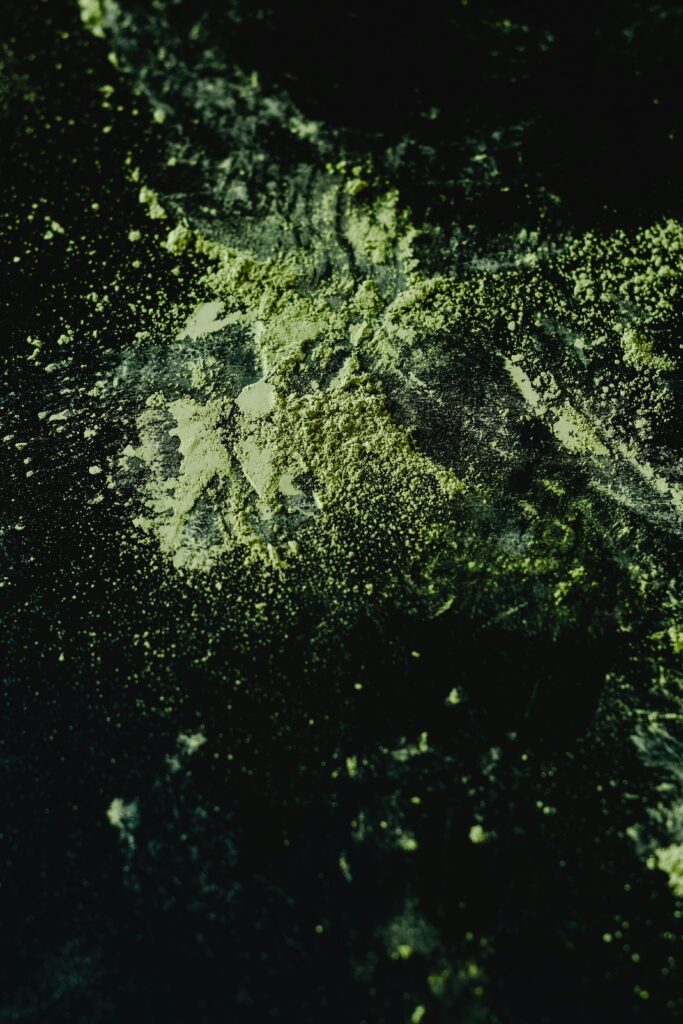
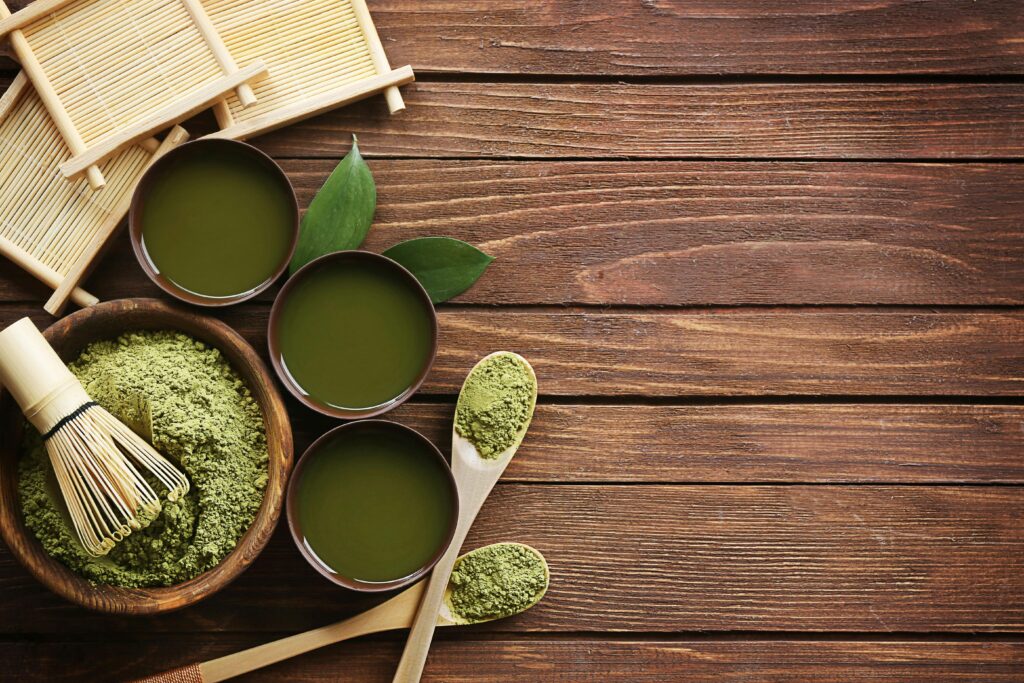
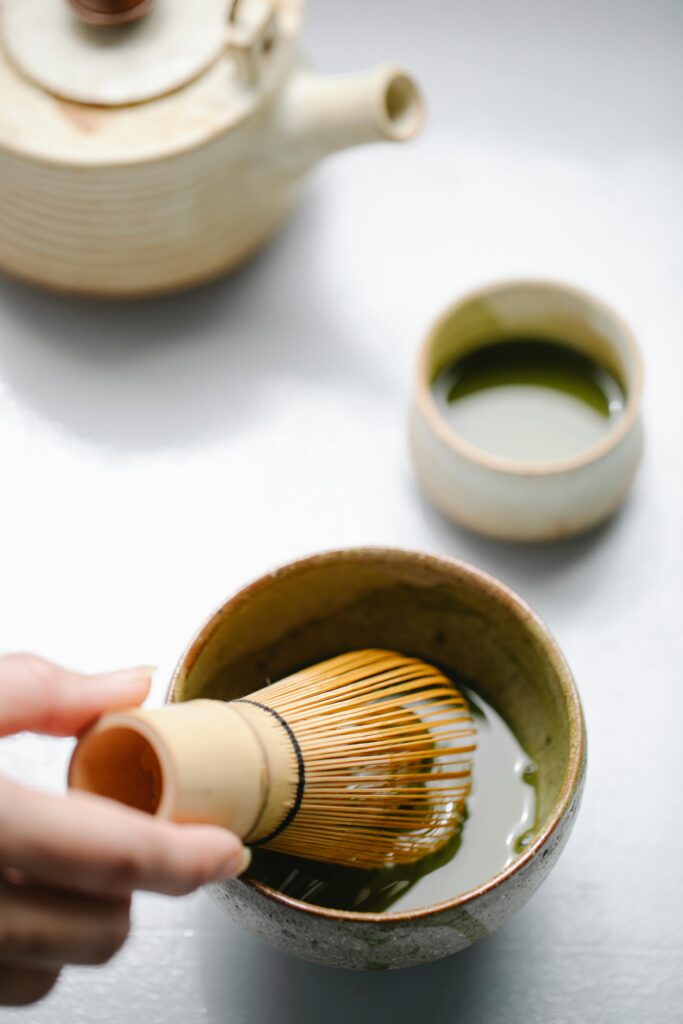
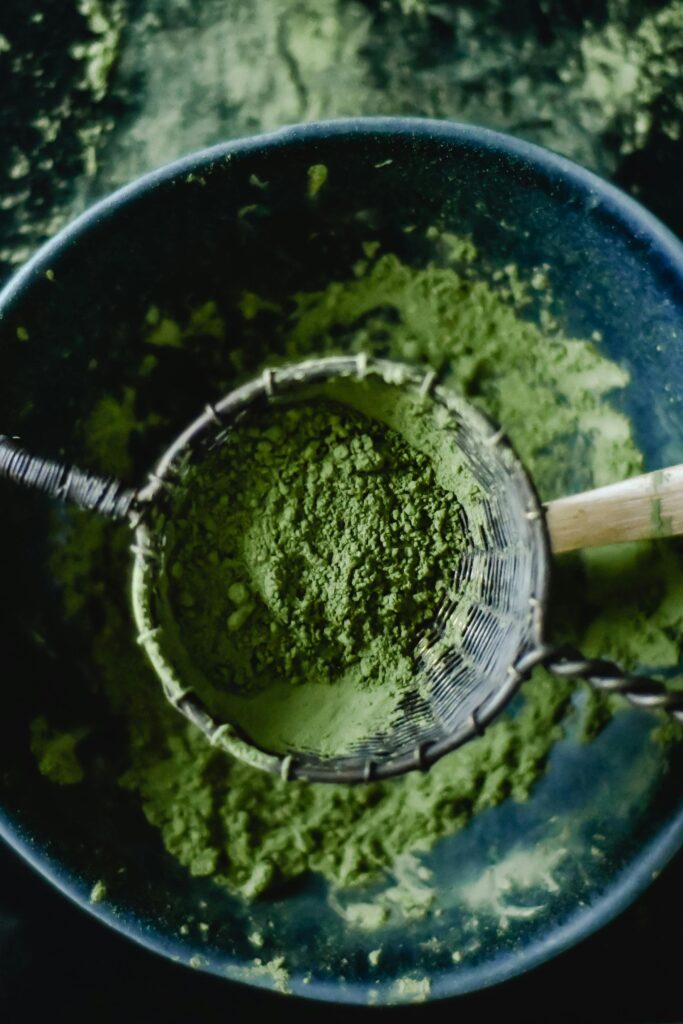
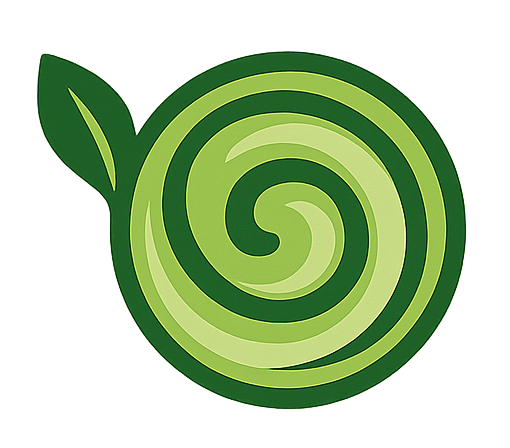
Join our mailing list to receive updates and exclusive tips.
There are no results matching your search